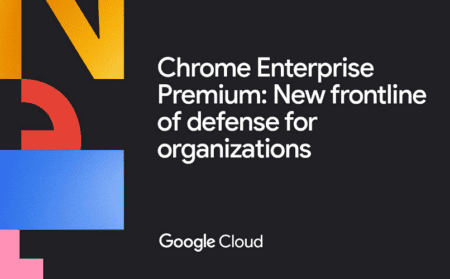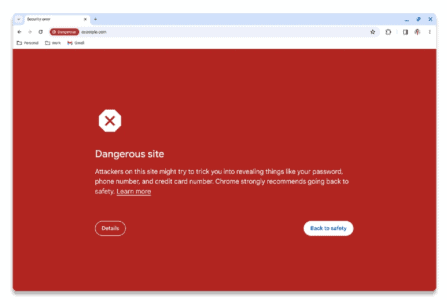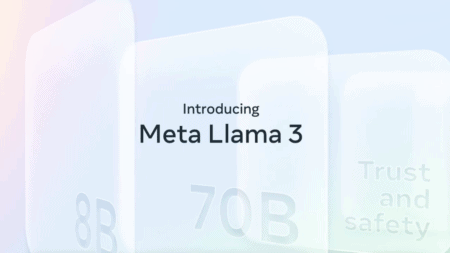Google is writing a new edition of its Manifesto, a document that describes which APIs are available for extensions. The proposed changes in Manifesto v3 will de facto eliminate most adblockers.
Developers at Google are currently working on Manifesto v3 for Chromium. Their official ambition is to make Chromium-based browsers faster, safer and more privacy-friendly. If the proposed changes come through, they will have an effect on All Chromium browsers, including of course the popular Google Chrome, and soon even Microsoft Edge.
Away with webRequest
In concrete terms, Google wants to close the webRequest-API. They use adblockers such as uMatrix and uBlock Origin to intercept and customize requests coming from the browser. This way they can easily customize the content that you as a user get to see. The disadvantage of the system is that Chrome sometimes has to wait for the installed extensions, but it does allow developers to cater the way in which web pages are displayed entirely according to the wishes of the end user.
Google now wants to replace the API with the much more limited declarativeNetrequest-API. It doesn’t allow such a thorough control by extensions, and seems to be tailor-made for adBlock-plus. This adblocker may not offer advertisers the option of being paid to be placed on a whitelist, after which ads are no longer blocked. Moreover, the plugin is much more limited than e.g. uBlock Origin.
Control for Chromium
According to Manifest v3, all webrequests will be handled exclusively by the browser itself, which may cause a small speed boost in some configurations, but above all implies that the control shifts from user-defined plugins to Chromium and thus Google. It is therefore difficult not to see this move as an advertising company that uses its power to hinder the blocking of advertisements.
Read this: Microsoft confirms Chromium version of Edge for Windows and macOS
There is a lot of criticism from developers’ circles. Manifesto v3 has not yet been finalised, so the proposed amendments can still be removed. If the modifications are approved, it is only a matter of time before the adblocker in Chrome, with a few exceptions, dies a silent death.
This is not to say that adblockers are by definition a good choice. Many websites that provide free content, including this one, are partly dependent on advertisements. Adblockers make such sites difficult. The installation of an adblocker is now the choice of each individual user, who can decide for himself what he or she supports and how. Manifesto v3 shifts that control from users to Google, which does not immediately benefit openness.
Related: API policy in Flanders: We want to be the bol.com of the government
This news article was automatically translated from Dutch to give Techzine.eu a head start. All news articles after September 1, 2019 are written in native English and NOT translated. All our background stories are written in native English as well. For more information read our launch article.

















